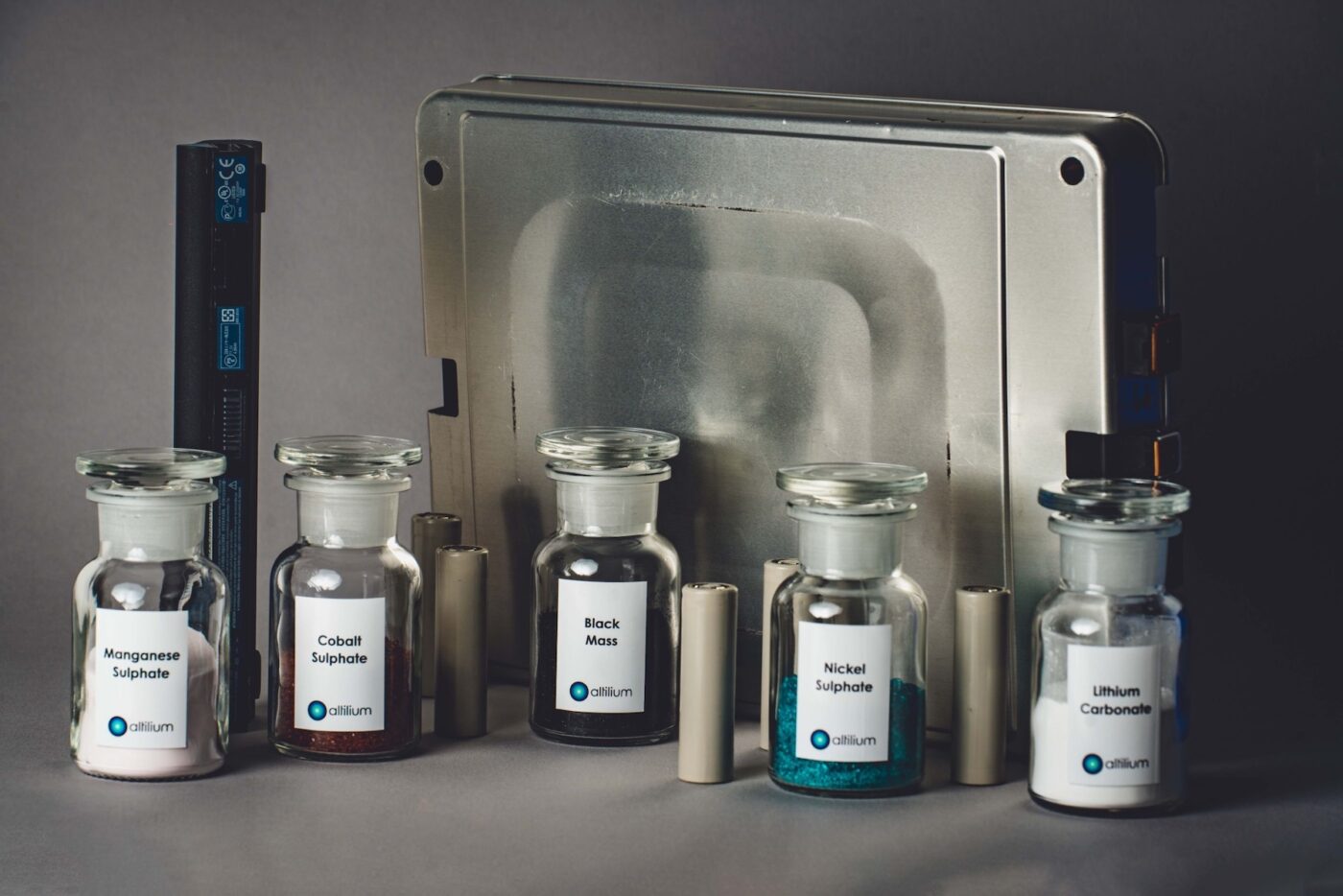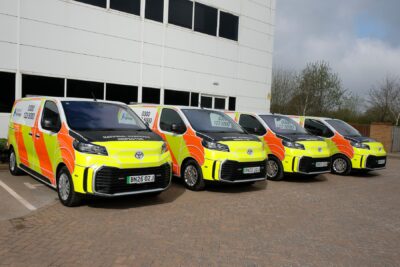Marubeni invests in battery recycler Altilium
The two companies signed a Memorandum of Understanding in July 2023 to collaborate on the recycling of electric vehicle batteries in the UK. Under the MoU, the two companies have worked closely together to develop a closed loop for the recycling of electric vehicle batteries in the UK and establish a supply chain for end-of-life lithium-ion batteries for recycling at Altilium’s facilities. This has now turned into much more, namely the aforementioned investment of 5 million US dollars.
Marubeni’s strategic investment in Altilium is to support the next phase of development of the planned plant, ACT4, on Teesside, including detailed engineering studies, land acquisition, planning and permitting and the recruitment of a management team. Once operational, the plant is expected to be able to process battery waste from 150,000 electric vehicles per year and produce 30,000 tonnes of active cathode materials (CAM). This would be enough to meet 20 per cent of the UK’s CAM demand by 2030.
Commenting on Marubeni’s investment, Altilium CEO Kamran Mahdavi said: “We are proud to welcome Marubeni as a strategic partner at this pivotal stage in Altilium’s growth journey. Their investment strengthens our position as leaders in sustainable battery materials and reinforces our commitment to building the UK’s largest EV battery recycling facility. Together, we are advancing our mission to create a UK closed-loop supply chain, reduce dependency on imported materials and lowering the environmental footprint of battery production. This partnership marks a major milestone in establishing a truly circular economy for the UK’s battery industry.”
Marubeni has been active in the battery materials sector since 1985 and is also involved in the recycling of used batteries. A recycling cooperation agreement was concluded with Northvolt back in 2018. At the beginning of 2020, Marubeni announced that it would invest in the Chinese electric car startup Byton, but this did not materialise due to Byton’s subsequent insolvency. Most recently, Marubeni announced a collaboration with Fortum Battery Recycling from Finland to jointly establish a sustainable recycling chain for lithium-ion batteries, with a focus on the recycling of graphite.
Altilium wants to establish a sustainable circular economy for battery materials in the UK that reduces dependence on international supply chains and conserves natural resources. According to the company, Altilium’s EcoCathode technology can recover over 95 per cent of battery metals from an end-of-life battery, reducing the cost of battery raw materials by up to 20 per cent and cutting greenhouse gas emissions by up to 74 per cent compared to virgin materials. Altilium recently entered into a cooperation with LevertonHELM, a British subsidiary of the German chemical company HELM AG. The aim is to combine Altilium’s expertise in the recovery of battery materials from old batteries with LevertonHELM’s lithium production capacities.





0 Comments